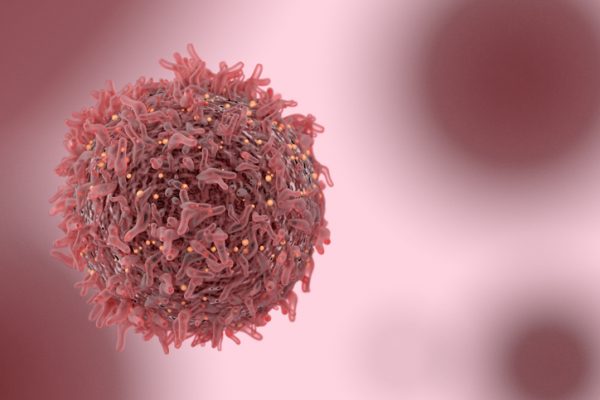
Competition in the market for therapies targeting a protein commonly expressed on the surface of cells of the blood cancer multiple myeloma is growing with the planned presentation of new data at a hematology meeting.
London-based GlaxoSmithKline said Wednesday that it would present three posters of data on GSK2857916 (belantamab mafodotin) in relapsed or refractory multiple myeloma at the European Hematology Association meeting, which kicked off Wednesday in Amsterdam. The data GSK is presenting include two posters from a Phase I study and one from a preclinical study of the drug. Belantamab mafodotin is an antibody-drug conjugate that targets BCMA, which is also the target of CAR-T cell therapies and bispecific antibodies.

Behavioral Health, Interoperability and eConsent: Meeting the Demands of CMS Final Rule Compliance
In a webinar on April 16 at 1pm ET, Aneesh Chopra will moderate a discussion with executives from DocuSign, Velatura, and behavioral health providers on eConsent, health information exchange and compliance with the CMS Final Rule on interoperability.
According to the main abstract for the Phase I study, among 35 patients in the dose-expansion portion of the trial, the most frequently reported side effects were those that affected the eyes, as well as low blood counts. Seven of the patients experienced serious side effects related to treatment, with infusion-related reactions being the most common. The overall response rate was 60 percent, with a median progression-free survival of 12 months and median 14.3-month duration of response. The other clinical trial abstract dealt with patient-reported experiences, while the preclinical data evaluated the drug in combination with an OX40 inhibitor.
The presentation, slated for Saturday, comes just over a week after Amgen presented data at the American Society of Clinical Oncology’s annual meeting in Chicago for the drug AMG 420, a bispecific antibody that also targets BCMA. The main difference between the two is that while GSK’s drug is designed to deliver a pharmaceutical payload that kills the cancer cells, Amgen’s is designed to target the cancer cells and then draw in T cells to kill them. According to the ASCO data, AMG 420 produced responses in 13 of 42 patients.
CAR-T cells that target BCMA have seen significant development as well. Furthest along in development is bluebird bio and Celgene’s bb2121, while Johnson & Johnson’s Janssen subsidiary has in-licensed and is developing a BCMA-targeting CAR-T, LCAR-B38M, from Nanjing, China-based Legend Biotech.
Photo: CGToolbox, Getty Images












